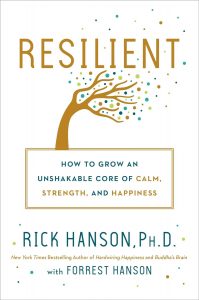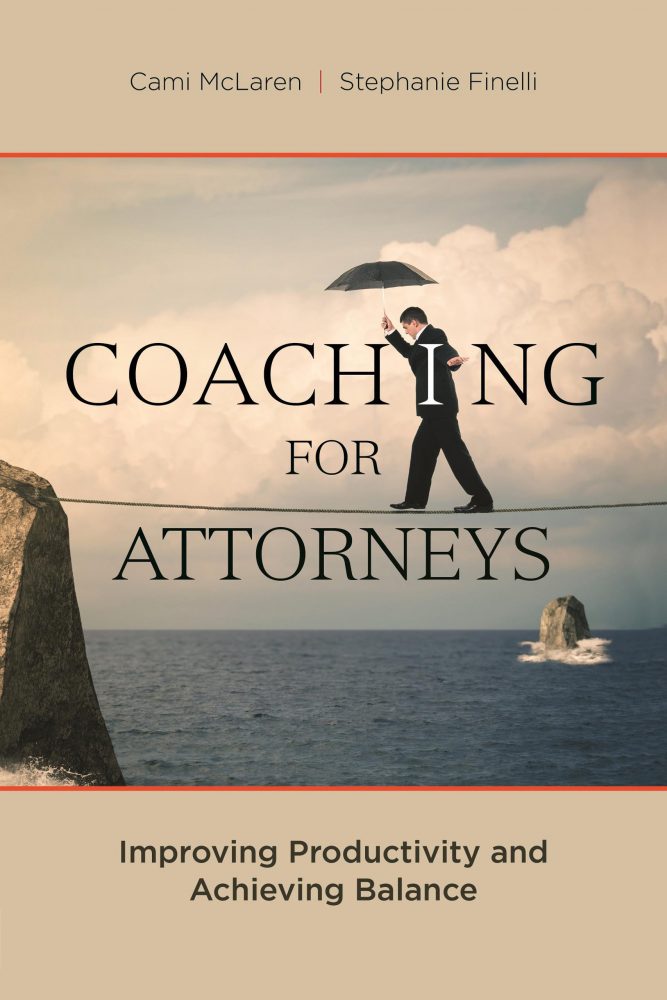
The Case for Patience
All my life, I have been a person focused on accomplishment. On getting the things I want in this life. Whether that be the job of my dreams, or great relationships. But I have been reading lately about patience. Certainly I’ve heard talk of patience...
Read More

 they make to make the basket or win the game. It’s that extra thing. It’s that determination. It’s that decision – “this is how it’s going to be because I said this is how it’s going to be.” It’s that power and strength that comes from inside and from saying, “It’s going to be this way because I said so.”
they make to make the basket or win the game. It’s that extra thing. It’s that determination. It’s that decision – “this is how it’s going to be because I said this is how it’s going to be.” It’s that power and strength that comes from inside and from saying, “It’s going to be this way because I said so.”




